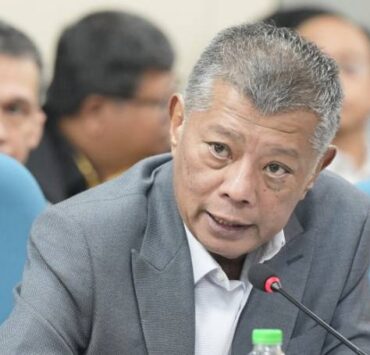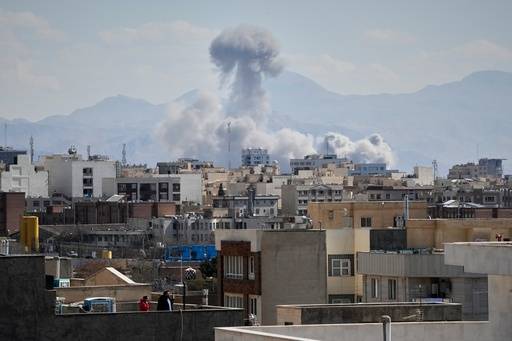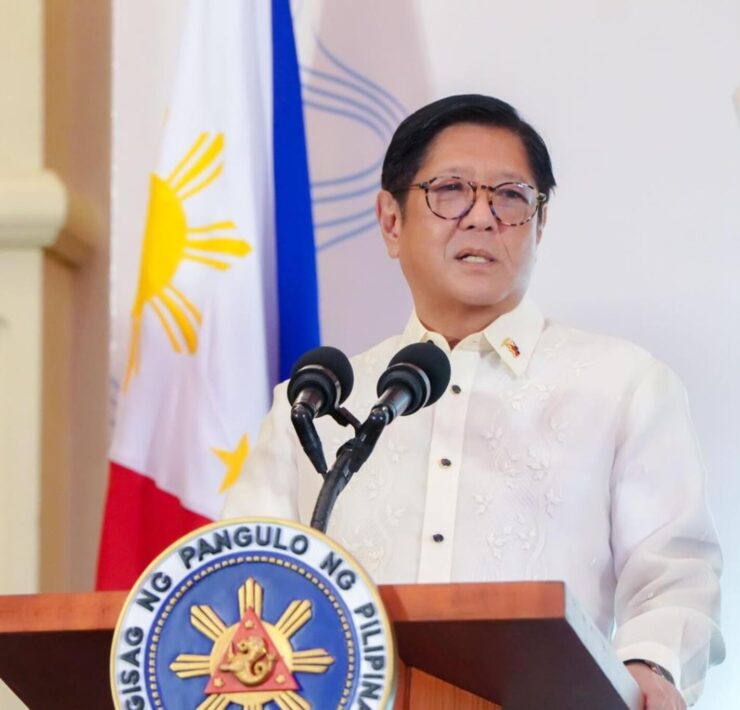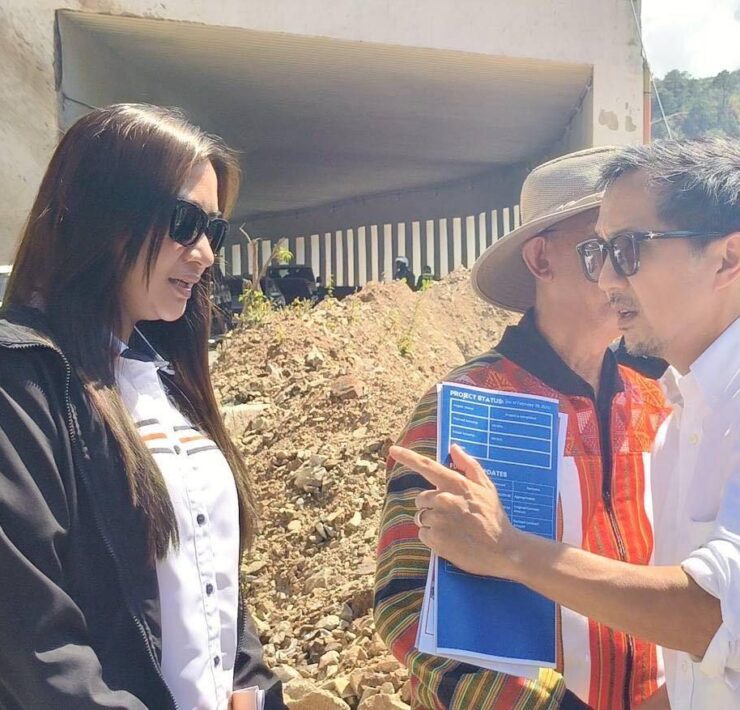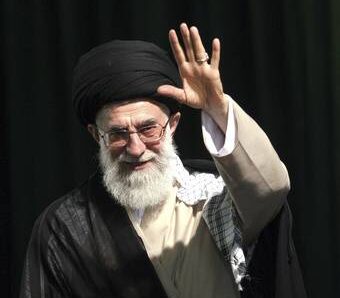Marcos heeding clamor against online gambling
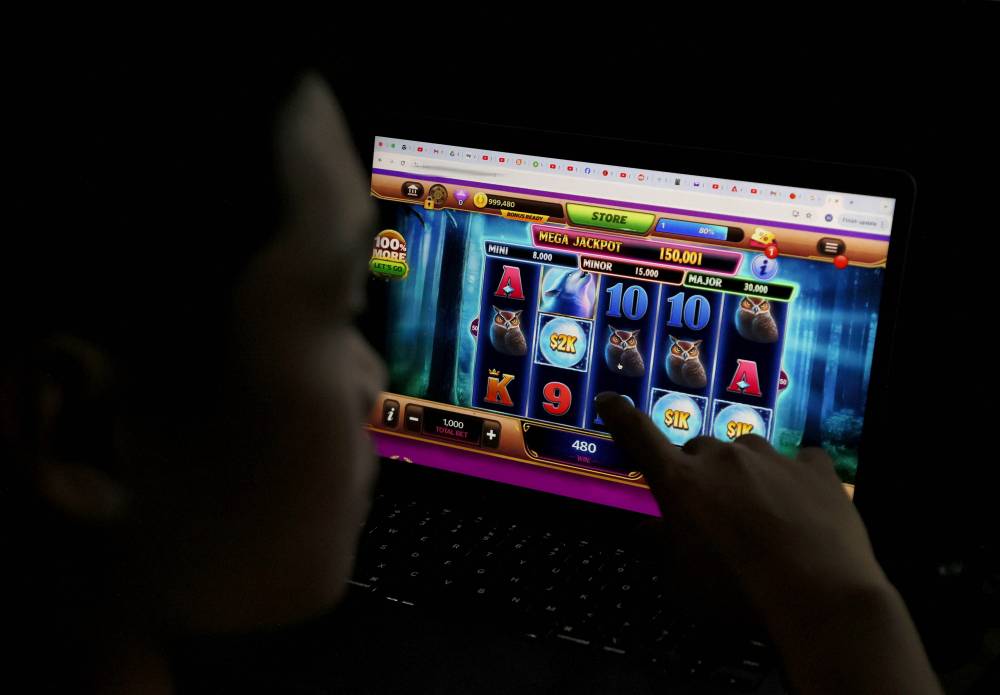
An online support group for recovering gambling addicts has at least a dozen posts every day about how people have lost their hard-earned money—ranging from a few thousands to more than a million pesos—after playing for just a few hours.
Posts containing desperate calls for help—“I do not want to live anymore. I cannot take this suffering anymore”—have been shared every day in recent months in the private group which has more than 20,000 members.
“M,” one such member, casually bid farewell to the group. “’Di ko na kaya ’to (I can’t take this anymore). Adios! See you in paradise,” said M, whose partner later updated that post saying M was already “gone.”
A 39-year-old mother pregnant with her third child shared how she lost her last P2,500, which she initially intended to buy milk and food for her two children.
Others would happily report to the group that they had become “bet free” for several days, even months—only to “relapse.”
“It’s painful. I have been bet free for two weeks. But I suddenly had a relapse. 267k now gone just by playing that f*cking baccarat,” went one such post. “I am sorry, self.”
Celebrities, influencers
Malacañang said President Marcos has been following the situation of these Filipinos who have become addicted to online gambling.
The growing public concern over this phenomenon was also raised last week by Cardinal Pablo Virgilio David, Kalookan bishop and president of the Catholic Bishops’ Conference of the Philippines.
“Who needs to sneak into a high-end casino when the casino has been brought into every living room, every bedroom, every child’s pocket—right there on the glowing screen of a smartphone?” David said on Facebook, as he also criticized celebrities and influencers who are “prostitut[ing] themselves for a fee” by promoting online gambling.
In her media briefing on Monday, Palace press officer Claire Castro said, “The President is listening on the plight of our fellow Filipinos who have been addicted to online gambling. Whatever the bills our lawmakers have filed, these will be studied thoroughly if [these] will be beneficial to our economy and at the same time, will improve the lives of our countrymen.”
“All suggestions and all legislations that will lead to these will not be opposed by the President,” she said.
One such suggestion is from the executive department itself. “[There is] this proposal from the DOF (Department of Finance) to impose tax to restrict access to online gaming [and this] is ultimately for the betterment of Filipino families,” Castro said.
Restriction or total ban?
Lawmakers have also weighed in, and some have filed bills seeking tighter restrictions, if not an outright ban.
Sen. Sherwin Gatchalian recently filed a measure proposing to require stricter “know-your-customer” rules, regulate advertising, impose a minimum cash-in or “top-up” threshold of P10,000 (to discourage the poor from spending hard-earned money on gaming) and prohibiting e-wallets like GCash and Maya as payment platforms.
Bukidnon Rep. Jonathan Keith Flores, meanwhile, said his proposed Anti-Online Gambling Promotions in E-Wallets Act aims to restrict e-wallet accessibility such as the currently allowable top-up of P50—which he said makes online gambling accessible to almost everybody.
But the lawmaker is not convinced about an outright ban, as he noted the revenues brought by online gambling which are “badly needed by the government.”
Lanao del Sur Rep. Zia Alonto Adiong, however, supports a total ban, saying that many countries have already banned online gambling. “In fact, we have banned Pogos (Philippine offshore gaming operators) here, and if we ban the Pogo in real and its physical form, why can’t we do that virtually?” he asked
Adiong said “these gambling games destroy not only the mental health of individuals, but the moral fiber of society.”
Boon to Pagcor
Sen. Juan Miguel Zubiri believes the government can let go of revenues such as the estimated P48.8 billion that the Philippine Amusement and Gaming Corp. (Pagcor) earned last year through its online gaming platforms.
Pagcor itself confirms that figure constituted majority of its earnings, amid Pogos winding down after their total ban by the end of 2024.
For Zubiri, the P48.8 billion “is not enough to justify” the online gaming enterprise.
“As a matter of fact, that’s too small. That can be gained through proper tax collection [by] the Bureau of Internal Revenue and Bureau of Customs,” he said at Monday’s Kapihan sa Senado forum
Zubiri urged Mr. Marcos to make his position clear on online gambling.
“It will take the President a lot of political will because this is Filipino-operated,” the senator said. “And I think he will show great leadership if he puts an end to this online gaming and gambling for the Filipino people.”
Suggestion for Sona
Zubiri suggested that Mr. Marcos can raise the issue at his State of the Nation Address on July 28.
While Castro did not categorically articulate the President’s position on online gambling, she said Mr. Marcos wanted “to limit these kinds of wager games and decrease the number of people who have been addicted to online gambling.”
“The President understands the consequences when individuals get addicted to gambling,” Castro said. —WITH REPORTS FROM GABRIEL PABICO LALU, TINA G. SANTOS AND INQUIRER RESEARCH














